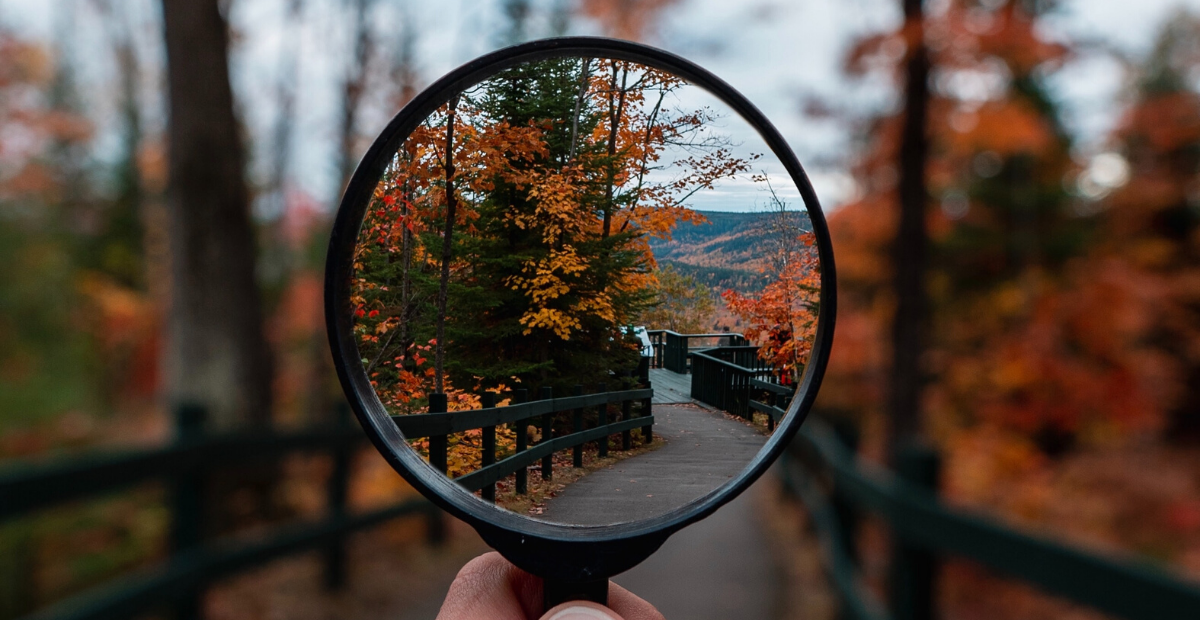By Lynne Lund, MLA District 21 Summerside – Wilmot
Official Opposition Critic for Environment, Water, Climate Change, and Green Economic Development
In the last few months, I have come to believe we should be applying a climate lens to more than just “environmental” issues. A lot of the work we need to do to fight climate change can, and must, be done in other areas. This has been discussed a great deal within the Official Opposition, and it has resulted in our decision to specifically bring an economic lens to the climate change portfolio.
We have seen climate action referenced frequently by the current government through mandate letters and during the recent State of the Province address. But we haven’t actually seen a climate lens applied to government departments. This is a missed opportunity to find solutions that not only benefit the environment, but also improve other aspects of Islanders’ lives.
For example, how would government make decisions if there was a Department of Economic Development and Climate Change on Prince Edward Island?
Bigger does not automatically mean better
We are perpetually focused on simply growing our economy bigger in the belief that bigger means better. But we cannot sustain unrestricted growth on a finite planet. When the GDP grows, not everyone benefits equally, and some may not benefit at all. I believe it would be smart to measure how our policies are improving the quality of people’s lives. We need to understand the experiences and challenges of Islanders in relation to our economy. Better involves so much more than simply producing more. It needs to include other measurements.
Many places around the world are finding ways to include wellbeing measurements when developing economic policies. They are measuring the quality of life their people are experiencing to determine whether or not their work is successful. It is not surprising to learn these places are doing better in the areas they identify as being a priority. In economics, we have found that what we choose to count, counts.
Social Enterprises
This shift in focus will reveal the value in taking a more active role in supporting other economic development opportunities like social enterprises. These community driven businesses do more than create jobs and improve the economy. They also improve their communities socially, environmentally, and culturally. In 2017, Nova Scotia introduced a Framework for Advancing Social Enterprise with a vision to improve both the economy and wellbeing of Nova Scotians. A similar approach can be developed to improve our communities here in PEI.
Circular Economies
Another way we can develop a sustainable future is in improving how we use and manage our resources. More and more jurisdictions are emphasizing the importance of fostering circular economies which strive to minimize material inputs and prevent unnecessary waste.
Studies out of Europe suggest 80% of the products in a landfill are there because of decisions made at the design level. In other words, many businesses are choosing to design products in such a way that often makes them too difficult or expensive to repair.
In a circular economy we look at all parts of the product development process. We determine how to use the least amount of resources in the most effective way. We also look at how to keep those products in use for as long as possible, which can take a number of forms. This means the maximum value of a product is realized. Finally, when products reach the end of their service life, we look at how to best recover and regenerate new products.
Creative opportunity for transitioning our economy
These green ways of looking at economic development are just a few examples of how we can reveal new and creative ways to improve both our economy and collective wellbeing. In my new role as Shadow Critic for Green Economic Development, these are just a couple of areas I will be exploring.
Unfortunately, on Prince Edward Island, we have pigeon-holed climate change with the environment, and aren’t truly considering its implications on other portfolios. Given this, I suggest the new Minister of the Environment, Water and Climate should get together with the Minister of Economic Growth, Tourism and Culture to take a creative look at how we can build on our economic strengths while meeting our commitments for climate leadership. It’s a smart step that can realize new, exciting, and innovative approaches for transitioning PEI to our new climate reality, and protect our economic wellbeing into the future.

